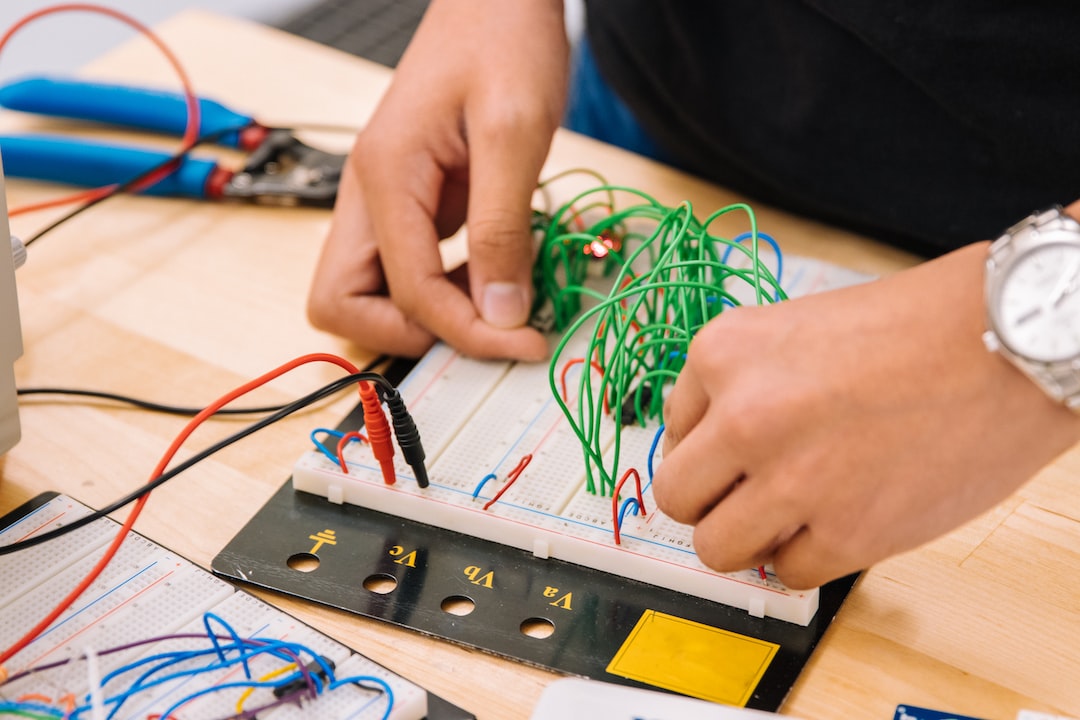Peer tutoring programs have been implemented in educational institutions for several years now, and for a good reason. These programs have been known to significantly improve students’ performance in the classroom by providing an opportunity for educational growth and learning. This article explores the benefits of peer tutoring programs and why educational institutions should invest in them.
Firstly, peer tutoring programs promote an environment of collaboration and teamwork. Students can work together to help each other understand complex concepts and ideas. This environment nurtures a sense of community and helps students develop skills that are vital in the workforce. Peer tutoring programs help students learn to communicate effectively, work collaboratively, and exhibit leadership skills.
Secondly, peer tutoring programs offer individualized attention for students. The classroom setting may not adequately cater to every student’s individual learning needs. With peer tutoring, students get the opportunity to work with a tutor who understands their learning style and can offer suggestions and advice to help them grasp concepts they may struggle with. This one-on-one attention goes a long way in ensuring that every student gets the support they need to succeed academically.
Thirdly, peer tutoring programs help students retain information better. A peer tutor can help students break down complex concepts into simpler, more digestible ideas. This process helps students remember the information better and provides a firmer foundation for future learning. Students can also ask questions and have a tutor clarify any misconceptions they may have, which leads to deeper understanding.
Fourthly, peer tutoring programs empower students to take charge of their learning. By participating in peer tutoring, students take an active role in their education and cultivate a sense of responsibility over their learning outcomes. Peer tutoring programs promote self-reflection and awareness, helping students recognize their strengths, weaknesses, and potential. As a result, students develop better study habits and take ownership of their academic progress.
Lastly, peer tutoring programs have been linked to higher academic achievement. Studies have shown that students who participate in peer tutoring programs improve their grades and perform better on standardized tests. Peer tutoring programs have also been found to increase student engagement and participation in the classroom, further contributing to academic success.
In conclusion, peer tutoring programs provide significant benefits to students by promoting collaboration, offering individualized attention, improving retention, empowering students to take charge of their learning and ultimately leading to higher academic achievement. Educational institutions should invest in peer tutoring programs to support their students’ academic progress and personal growth. Peer tutoring programs provide a safe and supportive environment for students to learn and grow, and should be embraced in all educational institutions.

